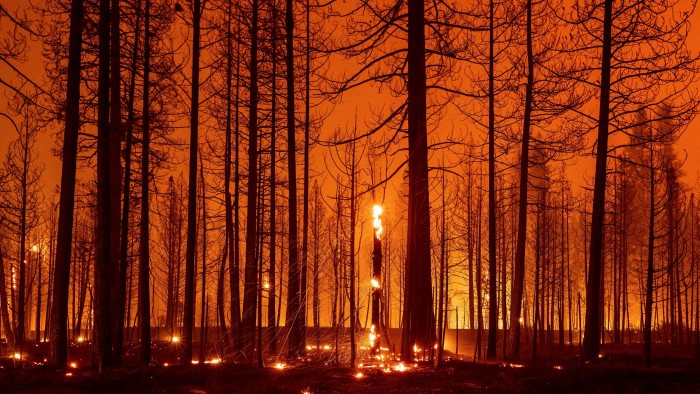Letter: COP26 can identify action to ameliorate climate risk

The European floods and US hurricanes and fires of summer 2021 are clarion calls for environmental action. Hundreds died in these catastrophes, which many linked to human-caused climate change (“Linking climate change to extreme weather”, Big Read, August 6).
But is current global warming leading to more disasters? The numbers say maybe not, suggesting instead that increasing human vulnerability causes more and worse disasters. Misguided policies and actions mean that a small increase in rainfall today — that would not have been disastrous decades ago — brings devastation.
Prevailing urbanisation policies create wastelands of concrete parking lots, industrial sites and substandard dwellings, all ripe to generate torrential and highly damaging water runoff. Deforestation, constraining rivers and wetlands and other side effects of the global demand for primary materials also drive torrents and muddy deluges, allowing storms to crash through whole regions unimpeded.
Outdated infrastructure is another key failure in many water and weather disasters, such as floods and fires from the UK to Turkey through to the US suffering hurricanes Katrina (2005), Harvey (2017) and Ida (2021). All are hallmarks of human action transforming a small event influenced by climate change into a deadly calamity.
Yet they can be tackled. Choices can be made to reduce development in floodplains, to use permeable surfaces reducing rainfall runoff and to build houses resistant to flood damage.
The imminent UN climate change summit in Glasgow will discuss how to prevent climate change and its adverse impacts. It needs to connect climate change action with practical on-the-ground measures to reduce disaster risk. This would provide a rapid, positive effect, helping us to help each other stop disasters while tackling human-caused climate change.
Moving forward means identifying specific risk factors for specific locations and acting in support of everyone to reduce risks. Rather than blaming the climate, blame ourselves for our actions and inaction.
Professor Debarati Guha-Sapir
University of Louvain, Belgium, and Johns Hopkins Bloomberg School of Public Health, Baltimore, MD, US
Professor Ilan Kelman
University College London
London WC1, UK
Comments